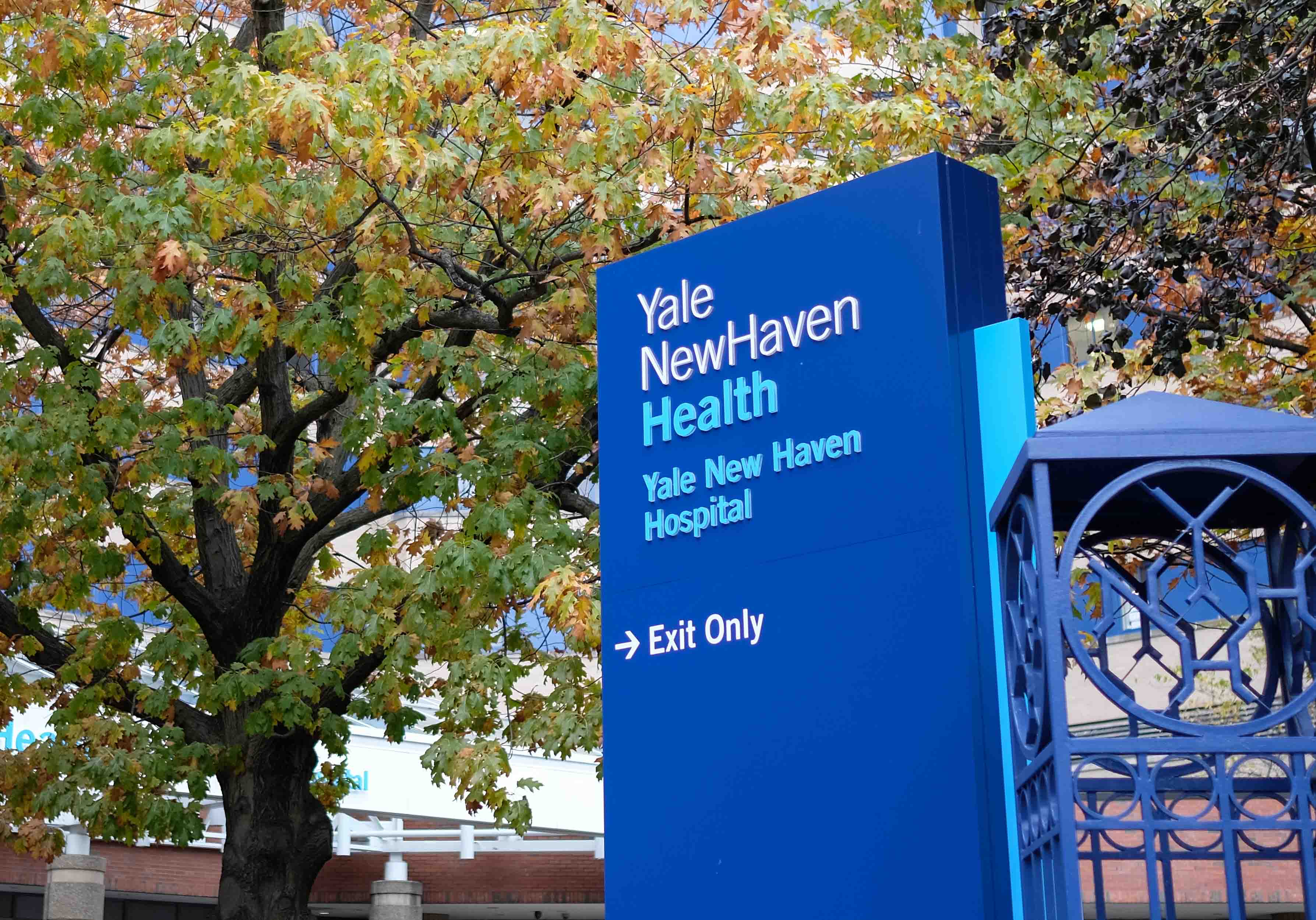
ericwang
Yale New Haven Hospital’s Nurse Residency Apprenticeship Program, a workplace training program for recently graduated nurses, has received a grant from the U.S. Department of Labor to support its apprenticeship program.
The nursing program was one of multiple apprenticeship programs to receive funding from the Connecticut Department of Labor, which worked with the U.S. Department of Labor to secure a total of $5 million in grant money for different programs in the state. According to Nancy Steffens, communications director for the Connecticut Department of Labor, Yale New Haven Hospital will receive $3,500 for each nurse in the program through the labor department’s American Apprenticeship Initiative Grant.
Judith Hahn — who oversees the hospital’s apprenticeship program, which became the first of its kind in Connecticut when it was established in 2005 — described the program as providing an “earn-while-they-learn” type of training. During their one-year apprenticeship, new nursing school graduates receive mentorship, attend computer-based training and monthly lectures, and learn strategies for stress management.
“The responsibility of the hospital is great in making sure that they’re comfortable and that they’re confident and that they have safe experiences for them and their patients, and that’s really costly to do right,” Hahn said. She added that newly graduated nurses are generalists, and through the program, they gain experience working in varied settings in the hospital.
According to a press release published on Nov. 16, more than 180 nurses have enrolled in the apprenticeship program since July 1 with 40 additional enrollees expected to begin the program over the next few months.
Yale New Haven’s nursing program is the first such program in the nation to receive the American Apprenticeship Initiative Grant, which has traditionally been awarded to apprenticeship programs in business services, information technology and advanced manufacturing.
“Apprenticeship has traditionally been for construction and manufacturing, but more and more states are looking at apprenticeships for health care fields and business management,” said Steffens, the communications director.
All new nursing graduates who start working at the hospital go through the program. Hahn said she hopes the grant will inspire other hospitals to start similar residency programs.
“There’s going to be a great need for nurses in the next century based on the aging population and complexities of health care, and I think that we need nurse residencies not only for nurses in acute care but for those in long-term care and all settings,” she said.
She said the hospital has received feedback from nurses who said they choose Yale New Haven Hospital because of the program. At the end of the program, nurses finish the year with an evidence-based practice project.
The hospital’s program has a one-year turnover rate of less than 9 percent, compared to a national average of 17.2 percent, according to the press release.
Talia Soglin | talia.soglin@yale.edu







